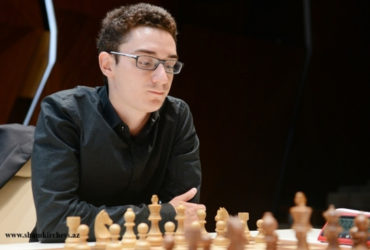
Chess Federation hosts rushed independence competition
Last Sunday morning, the illegal Guyana Chess Federation (GCF) strolled without purpose in its usual manner, into the meeting room of the National Resource Centre.

Last Sunday morning, the illegal Guyana Chess Federation (GCF) strolled without purpose in its usual manner, into the meeting room of the National Resource Centre.
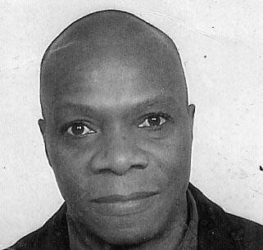
Event: The Umada Cup Location: Georgetown, Guyana Host: Guyana Chess Federation Date: Someday in the future Preamble: The Umada Cup is the premier Caribbean chess championship competition which is held annually, and is sponsored by FIDE, the governing body of world chess.
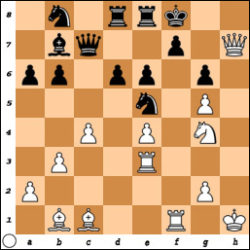
The word stalemate has its origins in chess. It represents a drawing position in which only the king can move, and although not in check, can move only into check.
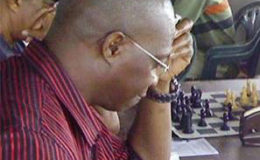
Any man who tries to be good all the time is bound to come to ruin among the great number who are not good.

Attitude is a little thing that makes a big difference. – Winston Churchill Assuredly, demonstrating a negative attitude with clear absences of transparency, prime examples of high-handedness and pellucid cases of disinterest is tantamount to courting disaster, and has contributed the demise of many.
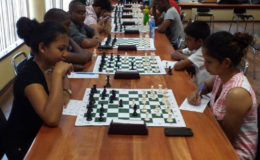
Last Thursday and Friday, former world chess champion Garry Kasparov opposed new US champion Fabiano Caruana, and the other two top finishers of the 2016 US championship, namely Wesley So and Hikaru Nakamura, in a sensational blitz contest.
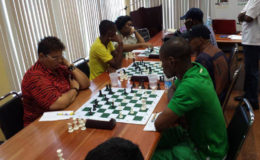
At the start of the Engineering Construction Incorporated (ECI) chess competition two Saturdays ago, this column enquired whether the tournament should be considered the elimination one for the selection of players for 2016 Chess Olympiad.
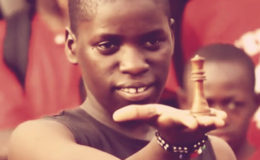
Disney Pictures will release a film later this year about the life of Ugandan chess sensation Phiona Mutesi, starring Oscar winner Lupita Nyong’o.
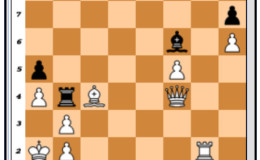
Now that the thrilling 2016 Candidates Chess Tournament has concluded, the next huge compelling chess competition of magisterial quality is the Carlsen-Karjakin title match.

Russia cemented its ascent and influence in chess last week, after more than a decade by realizing a challenger for the approaching November world chess championship title match.
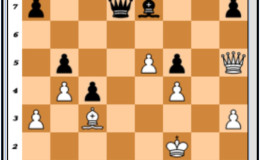
“The annual general meeting, of which at least four weeks prior notice shall be given, will be held not later than March each year.”
After five games of the 14-round Candidates Chess Tournament, the 25-year-old Russian grandmaster Sergey Karjakin had accumulated a total of 3½ points (a win = 1 point, a draw = ½ point; a loss = 0).
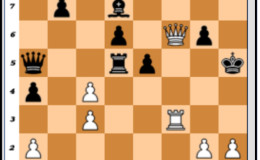
The electronic chess competition which will determine a challenger for world champion Magnus Carlsen began on Friday in Moscow.
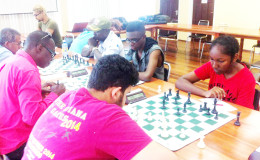
The 2016 World Chess Championship title match would be held in New York.
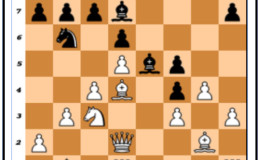
“The way chess is played is often a reflection of society and current cultural trends.
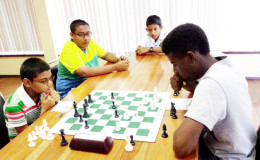
Playing chess is like having psychic powers. We look deep into the game and figure out what our opponents are going to do, before they actually do it.

Following a lacklustre 2015, chess is off to a great start this year.
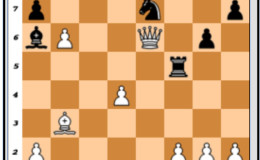
The World Chess Federation has begun its 2016 calendar of events with an impressive programme.
The Tata Steel Chess Tournament is called the ‘Wimbledon of Chess’, and is currently happening in Wijk aan Zee in Holland.
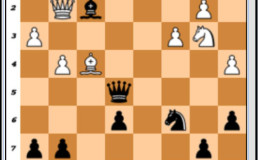
In chess we play the same game over and over again.
The ePaper edition, on the Web & in stores for Android, iPhone & iPad.
Included free with your web subscription. Learn more.